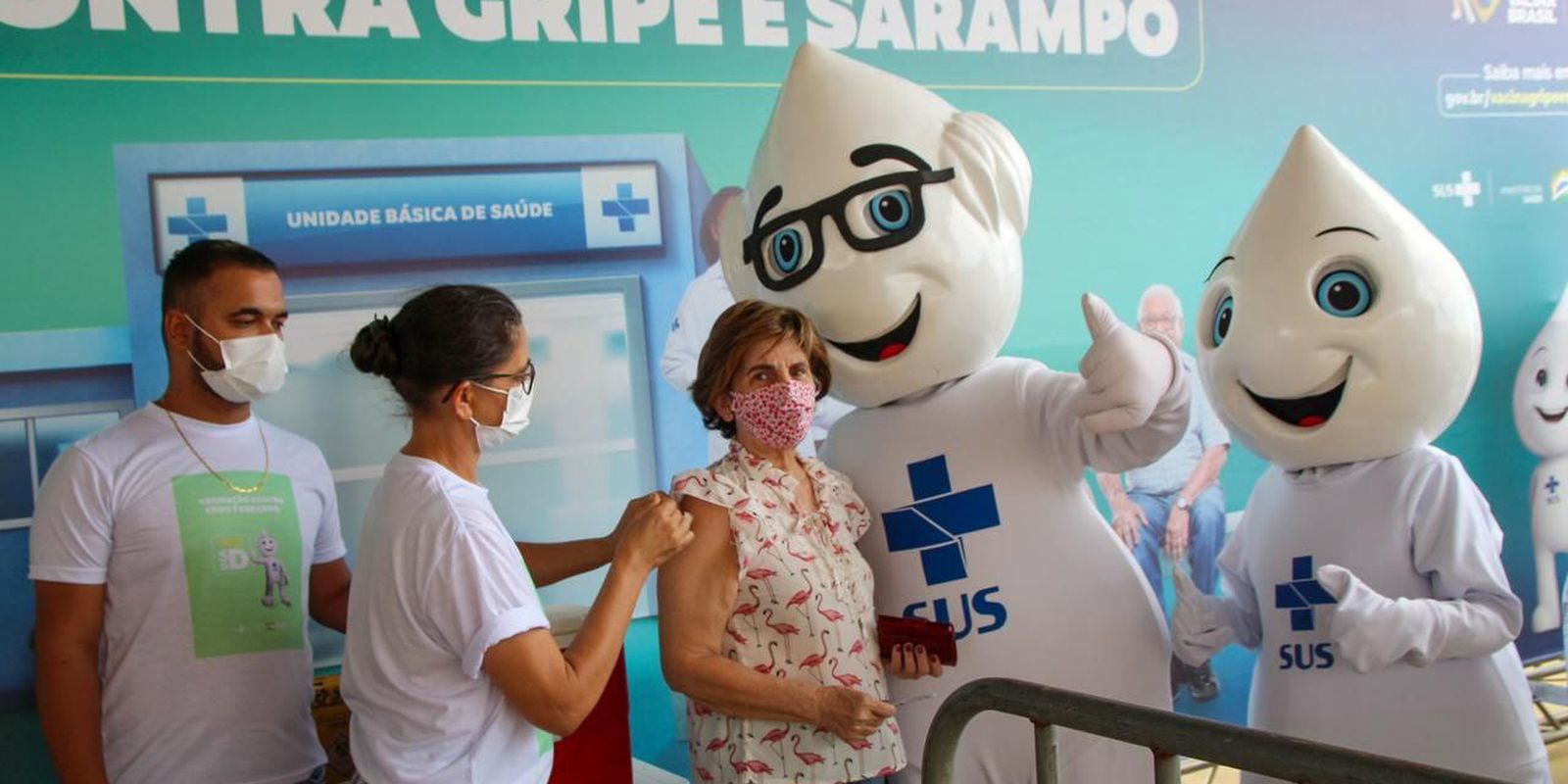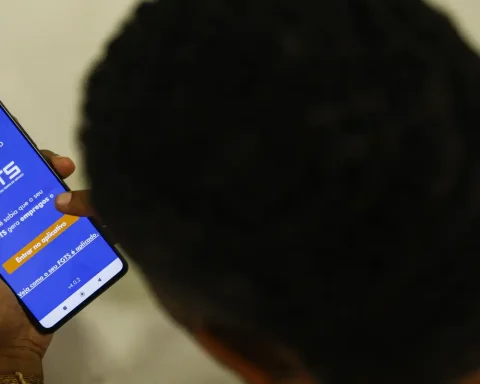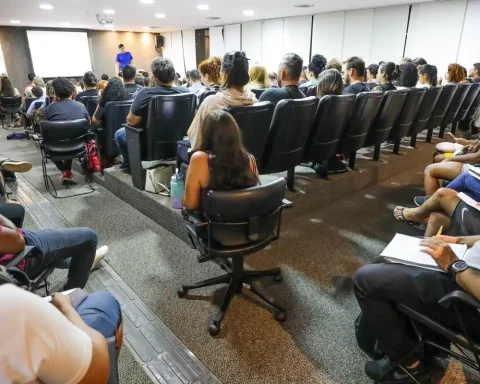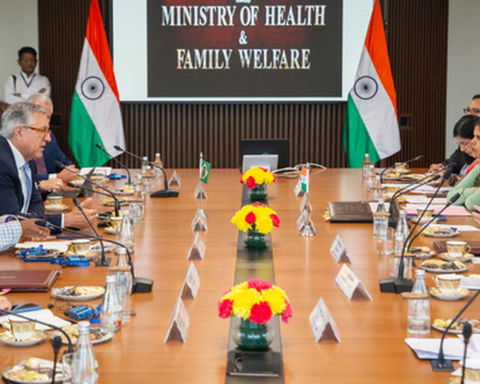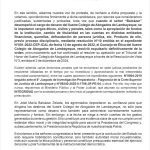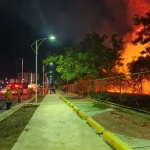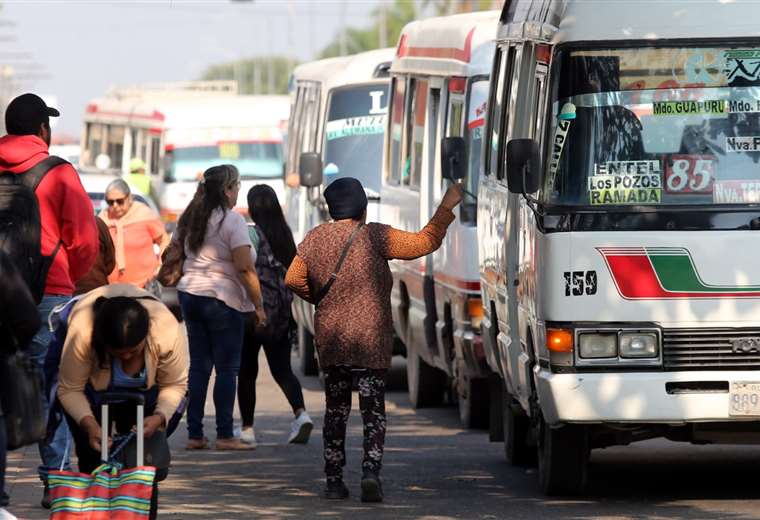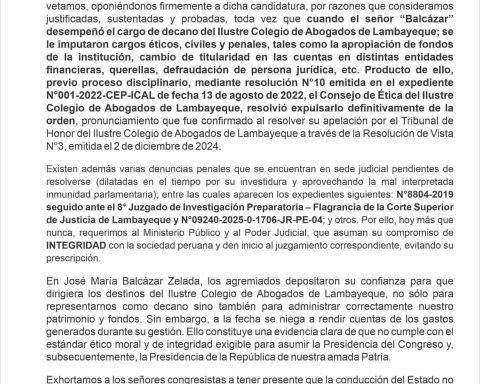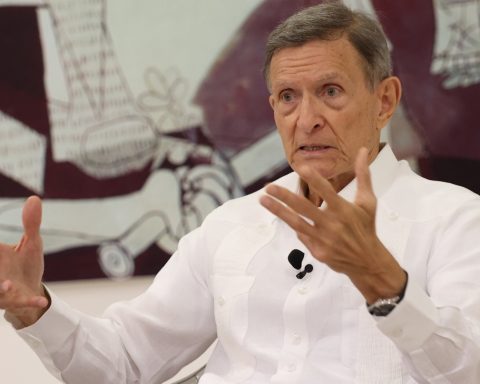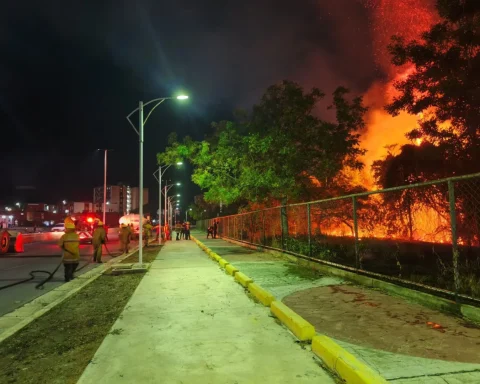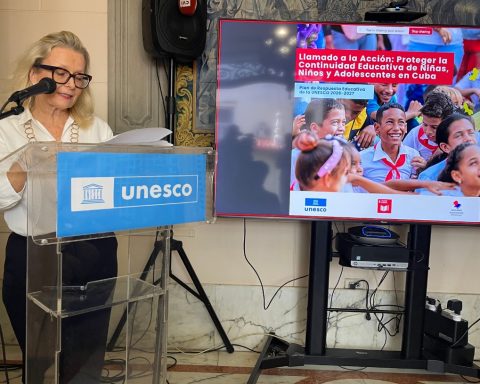At least 4,587 municipalities were classified as high risk for measles, while 225 were categorized as very high risk, totaling 86% of cities across the country at high risk for the disease. There are also 751 municipalities listed as having medium risk and only four as having low risk. The data was presented this Wednesday (18) during the 26th National Immunization Day, in Recife.
Commenting on the situation, the Immunization Coordinator of the Pan American Health Organization (PAHO), Flávia Cardoso, recalled that Brazil was certified as a measles-free country in 2016, but lost this status in 2019 after the virus began circulating again for a period of more than 12 months. “In 2022, Brazil was endemic for measles and, in 2023, it was reclassified as a country pending re-verification,” she explained.
According to Flávia, in May of this year, the Regional Commission for Monitoring and Rechecking Measles, Rubella and Congenital Rubella Syndrome in the Americas visited the country and made a series of recommendations, including increasing sensitivity in the definition of suspected measles cases. The entity is asking the country to present the number of samples received from patients with fever and rash and what the discard diagnoses were.
According to the coordinator, the committee highlighted that, although vaccination coverage has improved for both measles and rubella, through the MMR vaccine, in some states progress has been minimal or even negative. The situation in Rio de Janeiro, Amapá, Pará and Roraima was classified by the entity as very worrying for maintaining the elimination of measles and rubella in the country.
It was also recommended that Brazil standardize a rapid response flowchart for suspected cases, based on the recent case of measles detected in Rio Grande do Sul, imported from Pakistan. Finally, the committee suggests working with the Ministry of Sports and sports leagues to vaccinate Brazilian athletes, as was done prior to the Paris Olympic Games this year.
“The recommendation was also made for integrated active searches for cases of measles and rubella with polio and flaccid paralysis in children under 15 years of age,” said Flávia, mentioning that the actions serve to strengthen surveillance at the municipal level.
In June of this year, the country completed two years without autochthonous cases, that is, with transmission in national territory, of measles. With this, the country hopes to resume ‘measles-free’ certification.
* The reporter traveled at the invitation of the Brazilian Society of Immunizations (SBIm)
